A new report originally published in March 2023 by the United Nations University called "Global Bottled water Industry: A Review of Impacts & Trends" disturbingly highlights Malta as the 4th country in terms of bottled water sales per capita (2021) only just behind Singapore, Australia and Canada.
Malta has the 3rd highest bottled water consumption per capita
In terms of bottled water consumption per capita Malta appeared 3rd, just behind Singapore and Australia and with double the rate of consumption in comparison to countries such as Germany, Italy, Spain and USA.
The report focusses on non flavoured or modified still water only, so it excludes all the flavoured water types and also any type of sparkling water. The focus is on still water for drinking purposes.
The conclusion is clear: Malta still has a long way to go to reduce the single use plastic used in bottled water consumption and this article we look at the global trends about why consumers choose to use plastic bottles and what can be done about this in Malta.

Figure 10: Global Bottled Water Industry Report
The report opens up with a clear objective in mind:
The report examines facts and perceptions about bottled water in the global context. It analyses the geography, structure, trends, and drivers of the global bottled water market. It examines the existing knowledge on the quality of bottled water, its impacts on water resources, and its role in plastic pollution.
We will extract the most important points that will help us understand the issue in Malta.
What drives bottled water consumption in Malta
Bottled water drivers in the Global North, including Malta tend to be that bottled water is perceived to be both healthier and better tasting than tap water and thus in general terms is a luxury product. On the other hand in the Global South bottled water tends to be more of a necessity and sales are stimulated by the lack of a reliable public water supply.
In Malta we do have a reliable water supply that conforms to all EU and WHO guidelines for water quality - however we have issues of trust in the supply and the perception of poor taste which Water Services Corporation is constantly investing in to improve.
In the 2022 study "The Influence of Factors Stimulating the Consumption of Bottled Water in Malta" it was clearly concluded that the primary cause of choosing bottled water was taste/colour and the secondary cause was "tap water insecurity" which is the level of trust in our tap water supply in Malta and the perception that bottled water is healthier. The third cause was social influences meaning that socials influences together with psychological factors play a key role in water consumption choice, we could say "its cultural".
Opportunities to reduce bottled water consumption in Malta
To reduce plastic bottled water consumption in Malta we can already see some positive opportunities.
- Water Services Corporation is constantly upgrading the network to improve taste by reducing chloride levels and improving infrastructure (Ref: MaltaDaily)
- Water filtration devices such as TAPP Water improve the taste by removing chlorine and 100+ other contaminants
- Grants for water filtration equipment in Malta incentivise consumers to consider a change in behaviour and avoid water wastage with inefficient water filtration systems
- Dis-incentives such as the BCRS scheme that makes using plastic bottled water more challenging and expensive.
- Education about tap water and water filters help to challenge the social norms of using bottled water in Malta
Strong evidence to challenge the perception that bottled water is healthier
It is abundantly clear that the winners in the increased use of plastic bottles for drinking water are the bottled water suppliers and the oil companies, as plastic bottles are made of oil.
The growth of demand for bottled water has largely been the result of clever marketing and claims that bottled water is healthier than tap water.
But this report issued concludes that:
This represents strong evidence against the misleading perception that bottled water is an unquestionably safe drinking water source and argues that the provision of a safe and reliable drinking water supply in any country may not be achieved at the expense of one water source over another.
Where does bottled water come from?
It is perhaps worth asking yourself what type of bottled water do we mostly have in Malta and where does it come from?
Most of our bottled water in Malta falls into the category of "treated water", thus it is not natural water from a spring or other source, it is treated water that is bottled for distribution.
As there is very little in the way of obligation for the supplier to report the source of the water or the treatment processes used, most suppliers do not. But as we know where our water comes from in Malta we can easily conclude that bottled water, produced in Malta is either sourced from a borehole/aquifer or is taken direct from the public supply and then treated.
There are very few companies that advertise they use borehole water, thus you are either 1) drinking treated tap water 2) drinking treated aquifer water that has been extracted free or 3) you are dinking water that has been bottled in another country and then transported using trucks and ships to arrive in Malta.
When you really consider it, hand on heart, do any of the three options sound sensible at all? Then remember perhaps that even if its been paid for the water inside your 50c 2L plastic bottles costs 0.002793c yes that not even 1c. So the 49c is for marketing, branding, logistics, storage and plastic - and profit.
How much do we spend on bottled water in Malta?
In the report it was cited that in Singapore a whopping €1348 per person was spent on bottled water, and in 3rd place Malta was listed as having a per capital expense of $225.
On average our research suggests that every household saves around €300 when refusing to use plastic bottles for drinking water and drinks filtered water that tastes great!

The question of quality in bottled water supplies
The report delves into the question of water quality in bottled water. In particular pointing out the wide differences in the obligatory quality testing that is required for public water supply against the very light, almost non-existent requirements for the bottled water industry.
Furthermore the report suggest that even if testing is done in bottled water production the tests are not mandated to be made public, unlike the Water Services Corporation which regularly has to publish and report its water quality results.
How does bottled water contamination happen?
The report summarises the potential of contamination from various research papers on this area and concludes that the main sources of contamination are from storage conditions (duration, light, temperature) and packing materials.
The types of contamination are cited from the research papers as:
Contamination of bottled water due to these factors may be (i) inorganic (e.g. heavy metals, pH, turbidity, etc.), (ii) organic (benzene, pesticides, microplastics, etc.) and (iii) microbiological (pathogenic bacteria, viruses, fungus, and parasitic protozoa)
Evidence that contradicts that bottled water is safer than tap water
The report cites 54 separate research papers on bottled water contamination in all parts of the globe, but not in Malta and concludes that:
This summary, while non-exhaustive, presents the documented evidence against the misleading perception that bottled water is an unquestionably pure and safe drinking water source. Although contamination may be occasional, similarly to tap water, it is clear that bottled water is not immune to all possible types of contaminants.
The call from this report is to strengthen the legislative and testing framework for bottled water companies to ensure that contamination is minimised, especially in light of the seemingly growing market for bottled water.
Resource depletion is a worrying concern
Moving on from quality the report brings us to consider the resources used in the production of plastic bottled water.
Water is used in the production of bottled water and its surprising to see just how much is used:
It has been estimated that Coca-Cola uses 1.95 liters of water on average to produce one liter of its final product, Unilever 3.3 liters, and Nestlé 4.1 liters (Hall 2009, Coca-Cola 2021)
So every time you open a 2L bottle of water you are consuming 4L of water at least, that's 4L from an already scarce resource. In particular the report highlights that across the world ground water depletion is happening to produce water in plastic bottles.
At this stage it is unclear to us how this affects Malta, but it is likely that there is ground water used as sources for bottled water produced in Malta. Monitoring of ground water abstraction is currently part of the "Malta Water Plan" but whilst metering maybe happening, reporting of who uses aquifer water and if anyone actually pays for it are unknown (to the writer at this time).
It is therefore quite possible that drinking water from plastic bottles means that a supplier has extracted "free" water, run it through a treatment process, bottled it and then sold it to the consumer at a healthy margin.
Bottled water suppliers will have an obvious incentive to keep doing this whilst they can do and also still promote the myth that bottled water is healthier and you "cannot drink the tap water in Malta" as this suits their narrative.
Reference is made to this old article about groundwater extraction. Has the situation actually changed beyond metering?
Bottled water & plastic pollution
With over 1 million plastic bottles being used every minute in the world, this is the main source of packaging for bottled water resulting in over 400 million tons of plastic waste produced every year.
The report still suggests that 85% of all PET (the plastic used in water bottles) ends up as waste and that the majority to microplastics originate from PET, and also refers to the chemical pollutants in plastic bottles.
There are other hazardous substances released from plastic bottles. These are petroleum and toxic chemical derivatives (Li et al. 2021) commonly known as persistent organic pollutants (POPs) that are resistant to environmental degradation and spread through food chains. Examples of POPs include polychlorinated biphenyls (PCBs) and dichlorodiphenyltrichloroethane (DDT), which can be transferred to animal tissues by ingesting microplastics, especially in marine environments and contaminate animal and human food chains (Rhodes 2018, Zhou et al. 2021).
Microplastics - early warning signs
We already are told that as humans we injest 5g ( a credit card size) of microplastics a week from our food and water sources. The impact of this is largely unknown at this time, but the level of research being undertaken is growing and already its starting to look worrying.
This report suggests that
Some studies reported noticeable amounts of microplastics in bottled water (Mason et al. 2018, Schymanski et al. 2018) (see Table 2 for more examples) and there is also evidence of endocrine-disruptive chemicals in commercially available bottled water (Wagner et al. 2013).
It seems quite likely that if you are regularly drinking water from plastic bottles, you will be drinking microplastics too.
Recycling is the answer - or is it?
So surely recycling the PET used in plastic bottles is the answer?
Obviously the plastic bottle suppliers and the oil companies would like us to believe that. If recycling makes you feel good about your consumer choices then you will continue making those choices with a guilt free conscience. But even rPET when used in plastic bottles for drinking water has people concerned.
In Malta we are now achieving 70+% recycling rates with the BCRS scheme and that's great - or is it? Its the consumer that "pays" for this scheme which is owned and operated by the producers who have an increased vested interest in keeping the cycle of the single use plastic going.
But the hard truth is that recycling is an energy consumer, a CO2 emission producer and PET will only be recycled downwards, into a less useable product. Once this product has come to the end of its life - what then? landfill?
That is why Refuse makes far more sense than recycle. Refuse does not use it any energy, delivers no CO2 emissions and is guilt free.
Say no to plastic bottles! Just say no.
Conclusions
The report makes several conclusions which are listed here for ease of use, I highly recommend reading the report in its entirety and consider the implications within next time you are at the supermarket for your plastic bottled water.
- The report shows that bottled water has developed into a major and essentially standalone economic sector in just around the past five decades.
- This market is one of the most dynamic in the world, growing faster than any other food market
- Treated water appears to be the largest component on the market by volume, while other natural waters appear to generate the most profit.
- In the Global North, bottled water is often perceived as a healthier and tastier product than tap water; it is, therefore, more a luxury good than a necessity with most of the Global North countries having often reliable and good quality public drinking water supply
- The perception that bottled water is safer than tap water needs to be challenged
- This review constitutes strong evidence against the misleading perception that bottled water is an unquestionably safe drinking water source.
- The report also shows that bottled water producers have, by and large, managed to avoid the kind of scrutiny imposed by government standards and regulations that public utilities must adhere to
- Water withdrawals by the bottled water industry can lead or contribute to the depletion of groundwater resources
- It may be argued that if the world focuses more attention on the provision of clean and safe piped water supply, bottled water production may be reduced, which, in turn will lead to the reduction of plastic waste. It is important to deal with the source of the problem rather than with its consequences
- Bottled water producers have a financial incentive to expand their markets. They also have resources for marketing campaigns. To counter negative perceptions of tap water
And the good news?
Its not all bad news here at all. Infact plastic bottles for drinking water are completely avoidable. Just new behaviour and consumer choices to save money, be healthy and do a good turn for the planet.
At home: use TAPP EcoPro to filter all your drinking, kettle and cooking water.
Out & About: Use TAPP BottlePro and fill up anywhere for filtered water on the go.

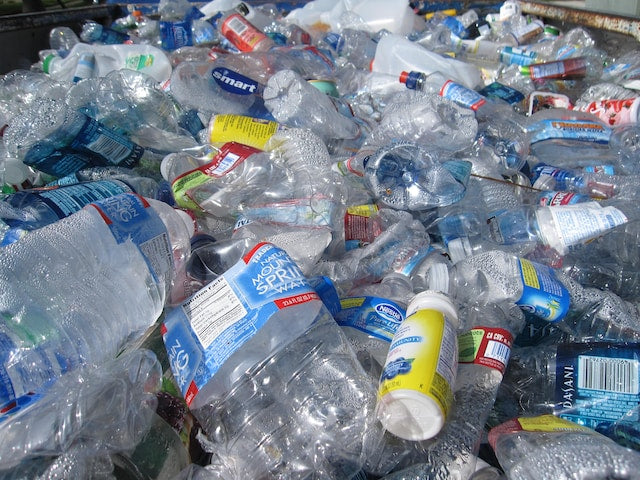
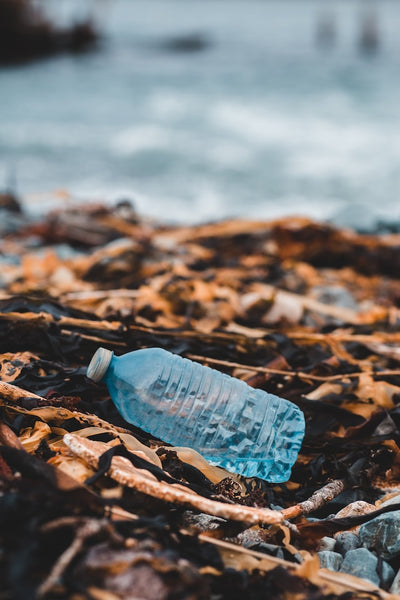

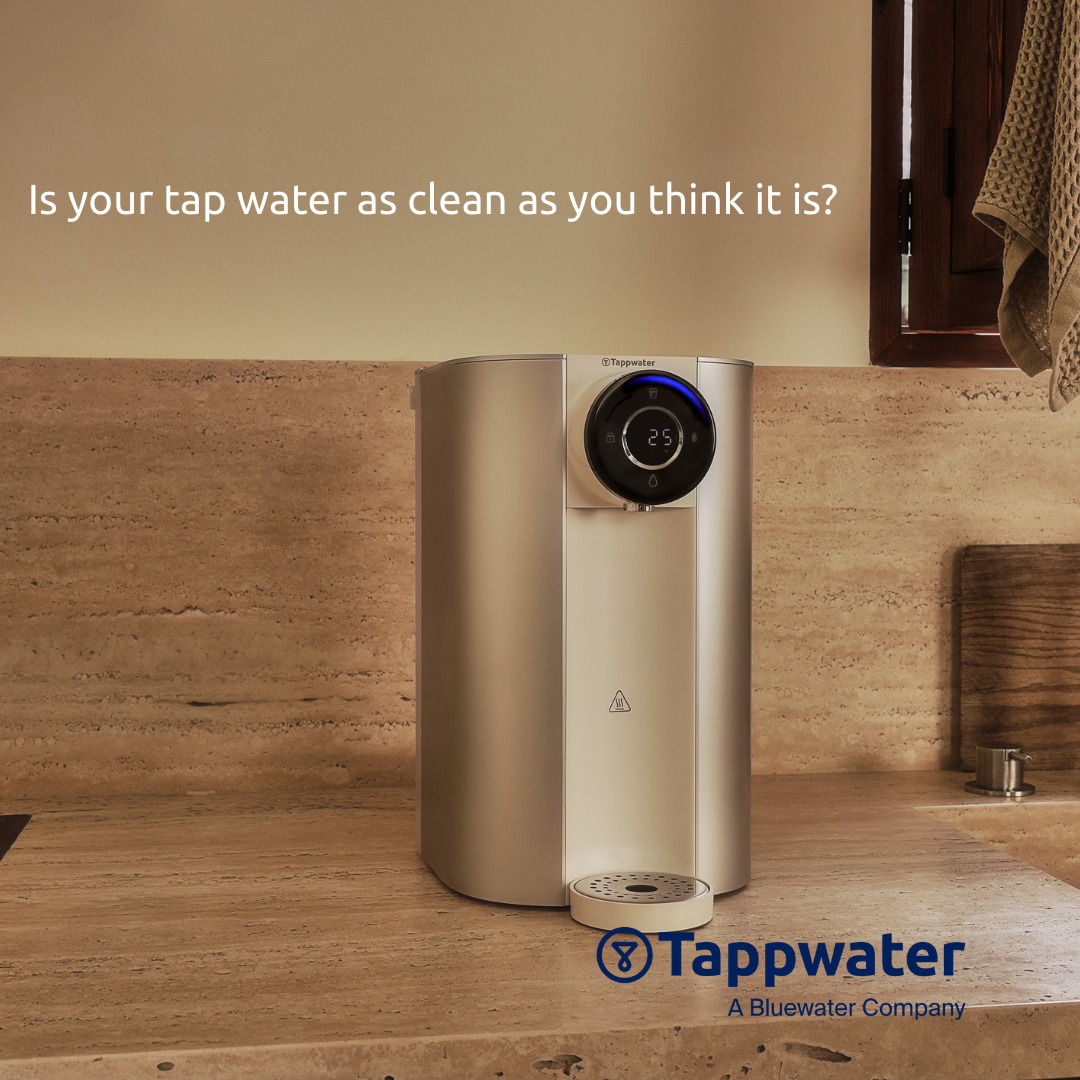
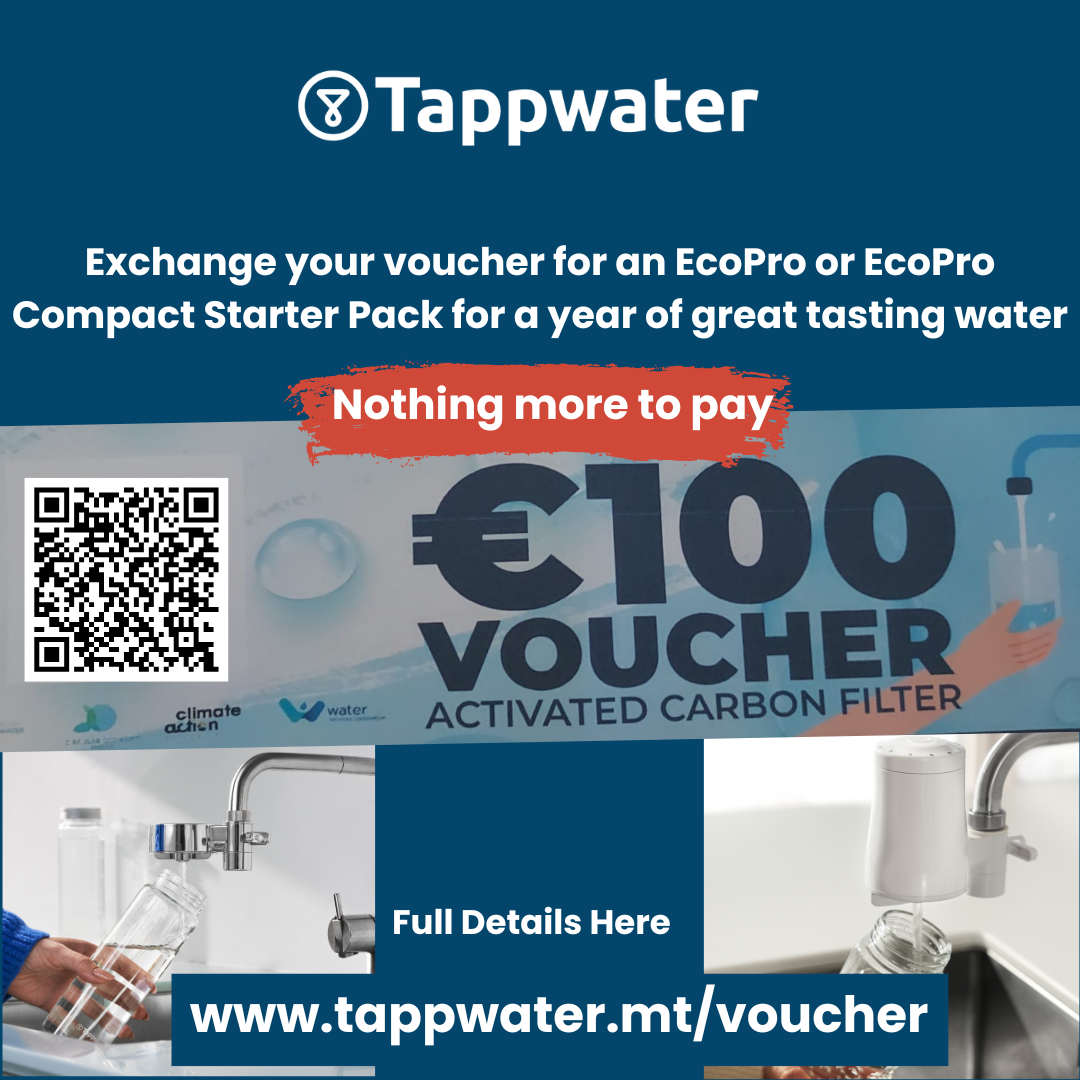
![[WATCH] Malta's Tap Water Challenge: The Tappwater Solution. A Look at the Science, the Tests, and the Deliciously Clean Results.](http://tappwater.mt/cdn/shop/articles/Why_We_lab_tested_maltas_water_Sqaure.png?v=1756738451&width=1080)
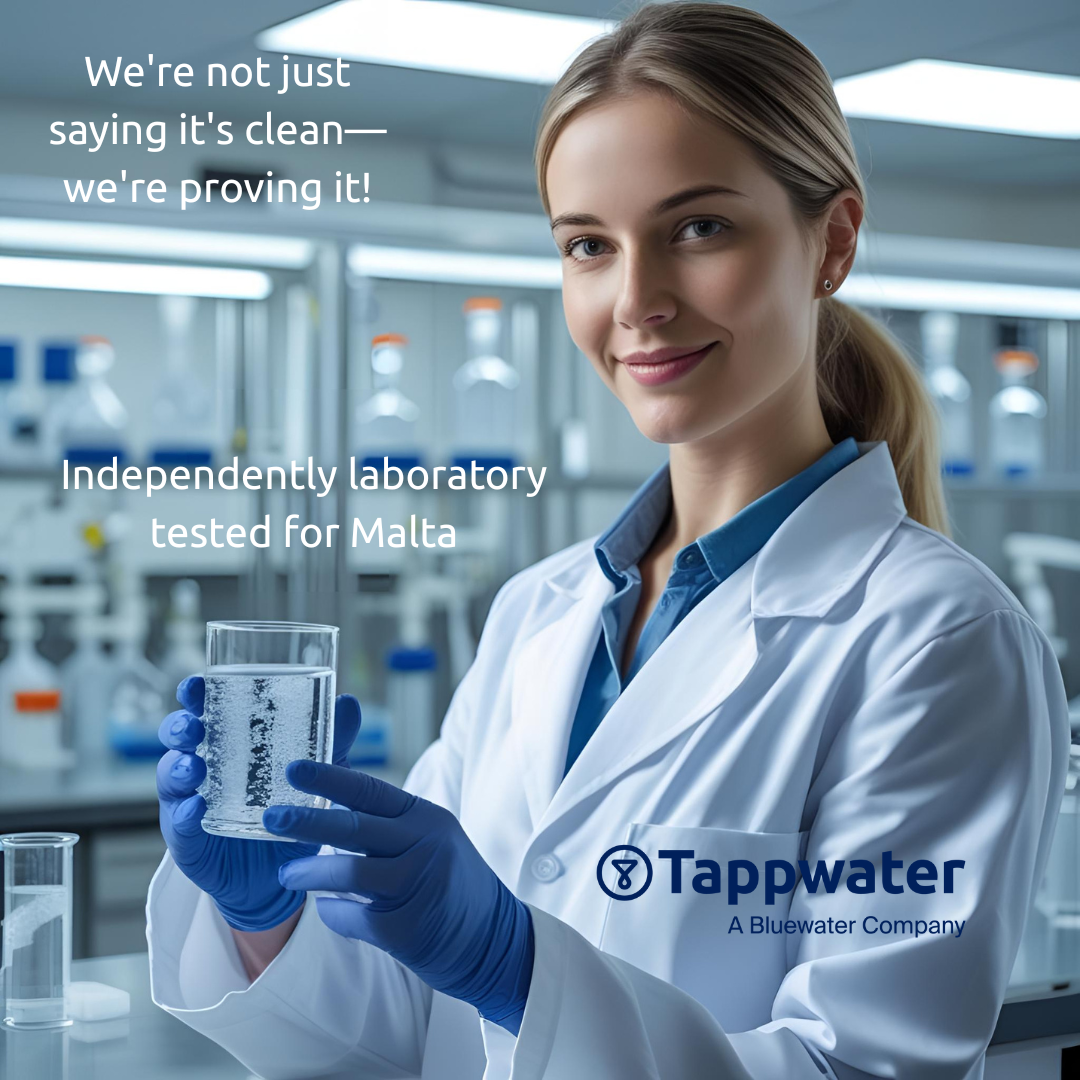
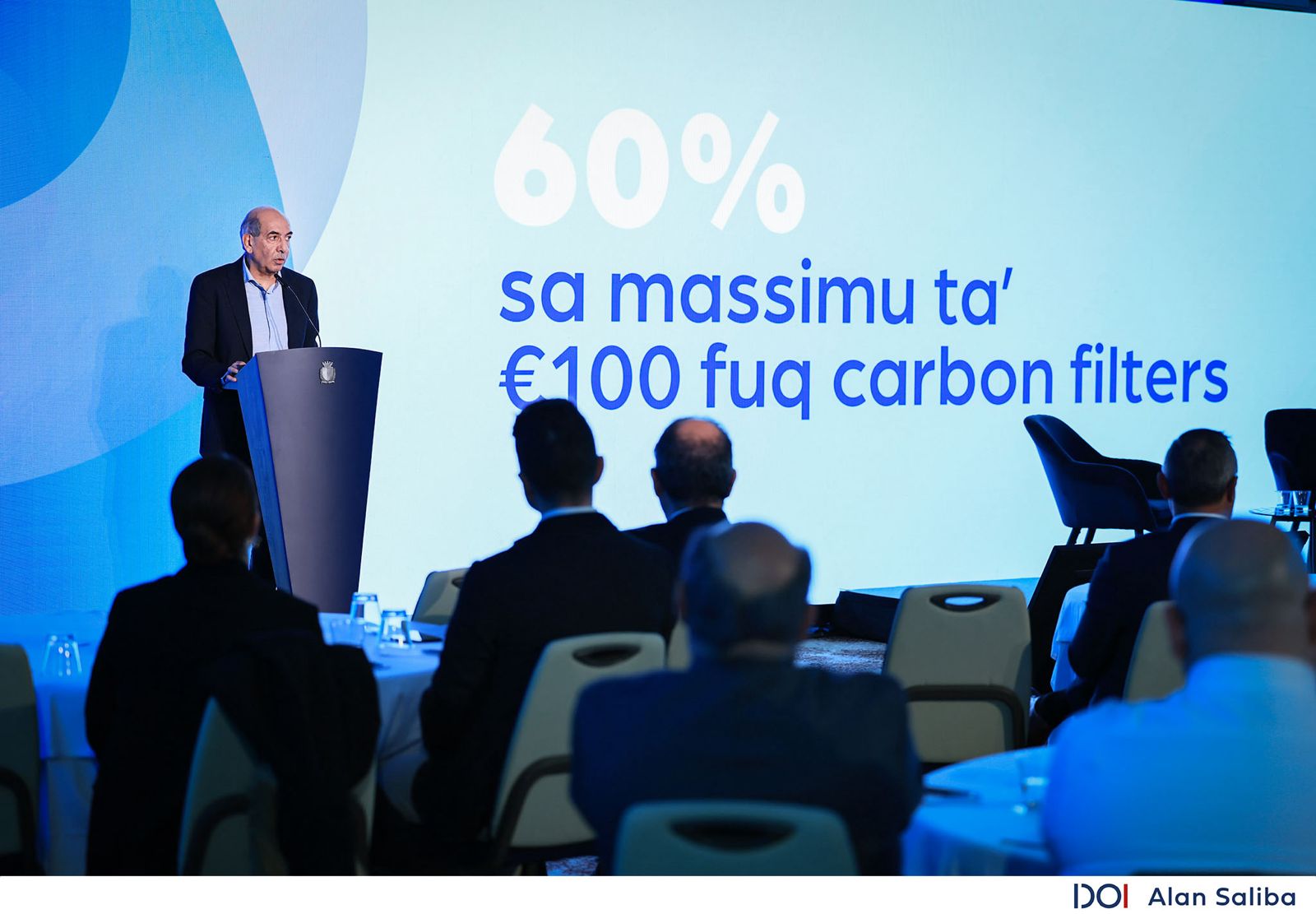
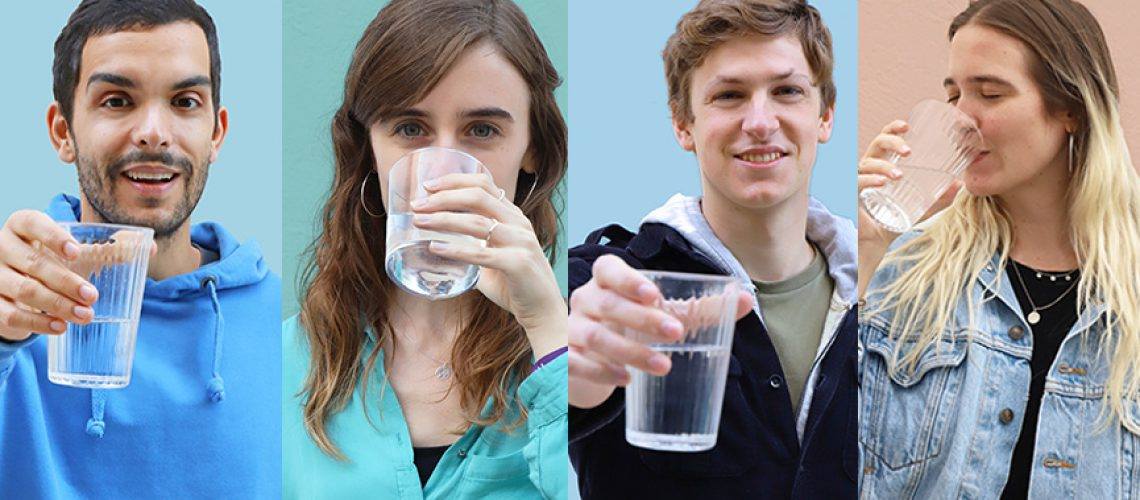
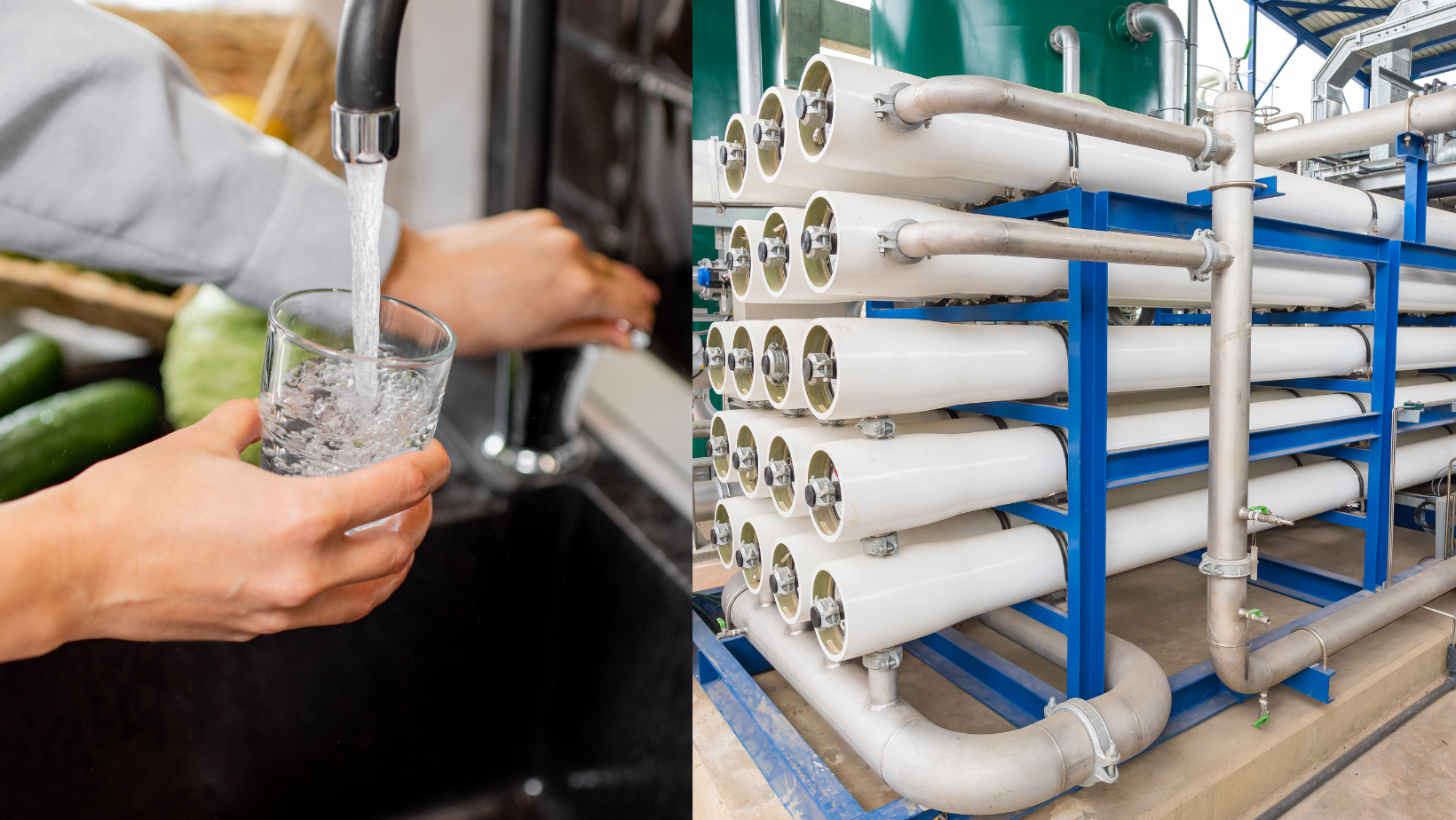
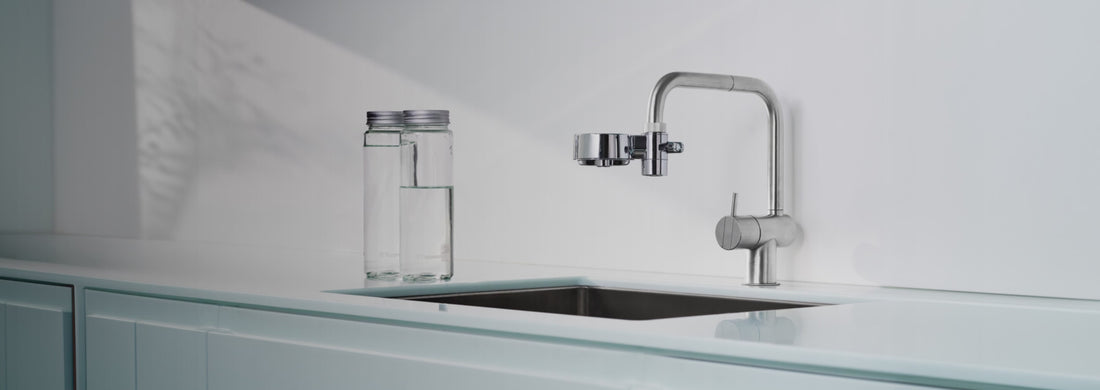

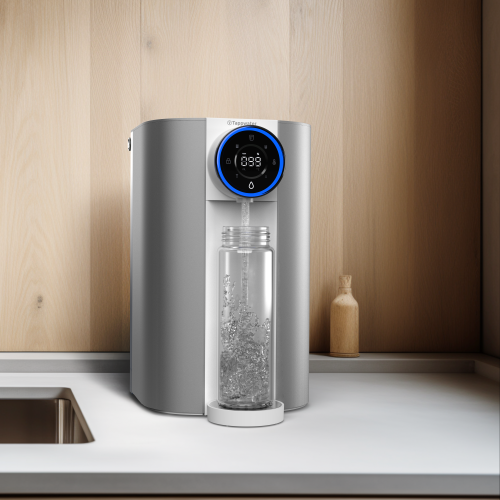
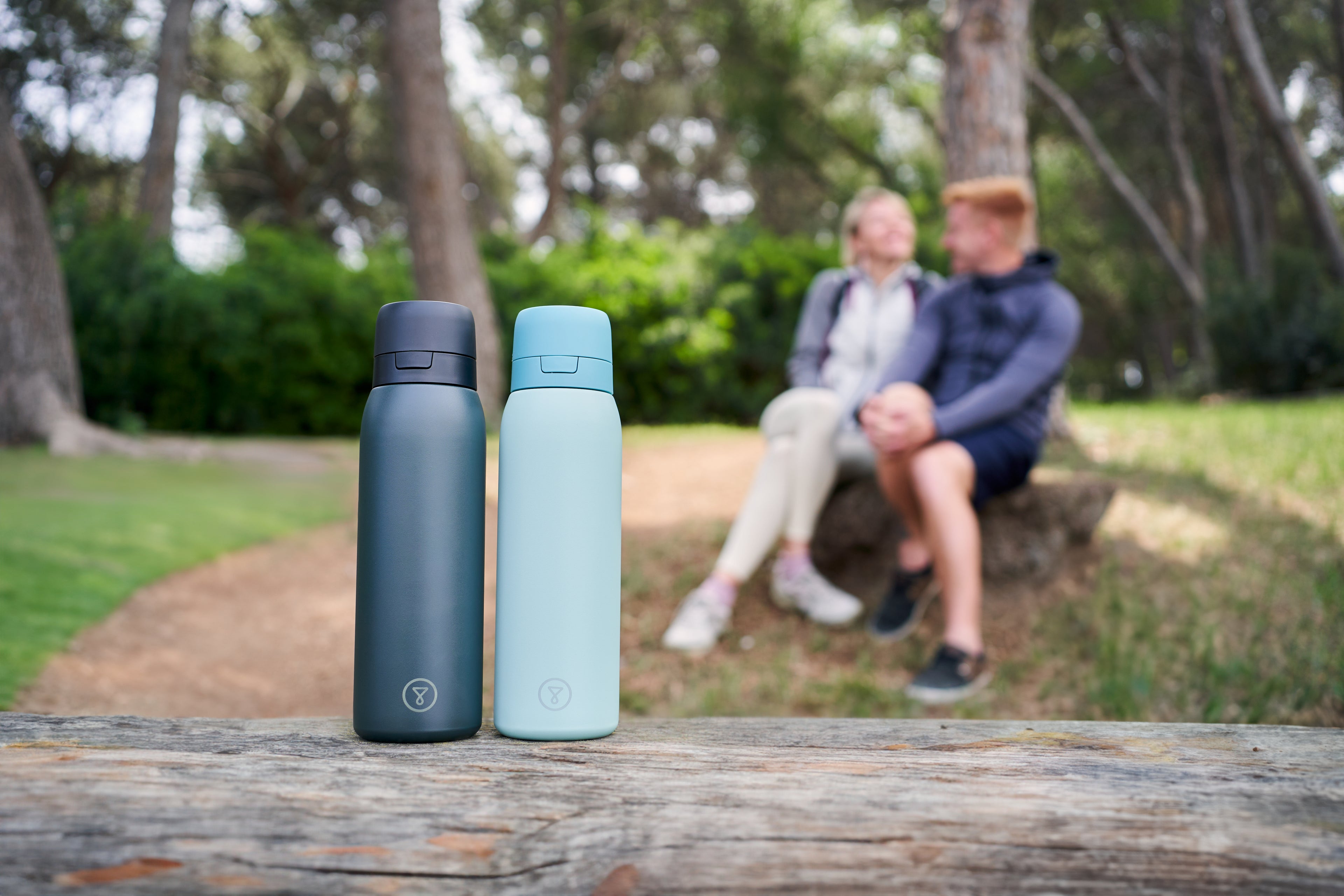
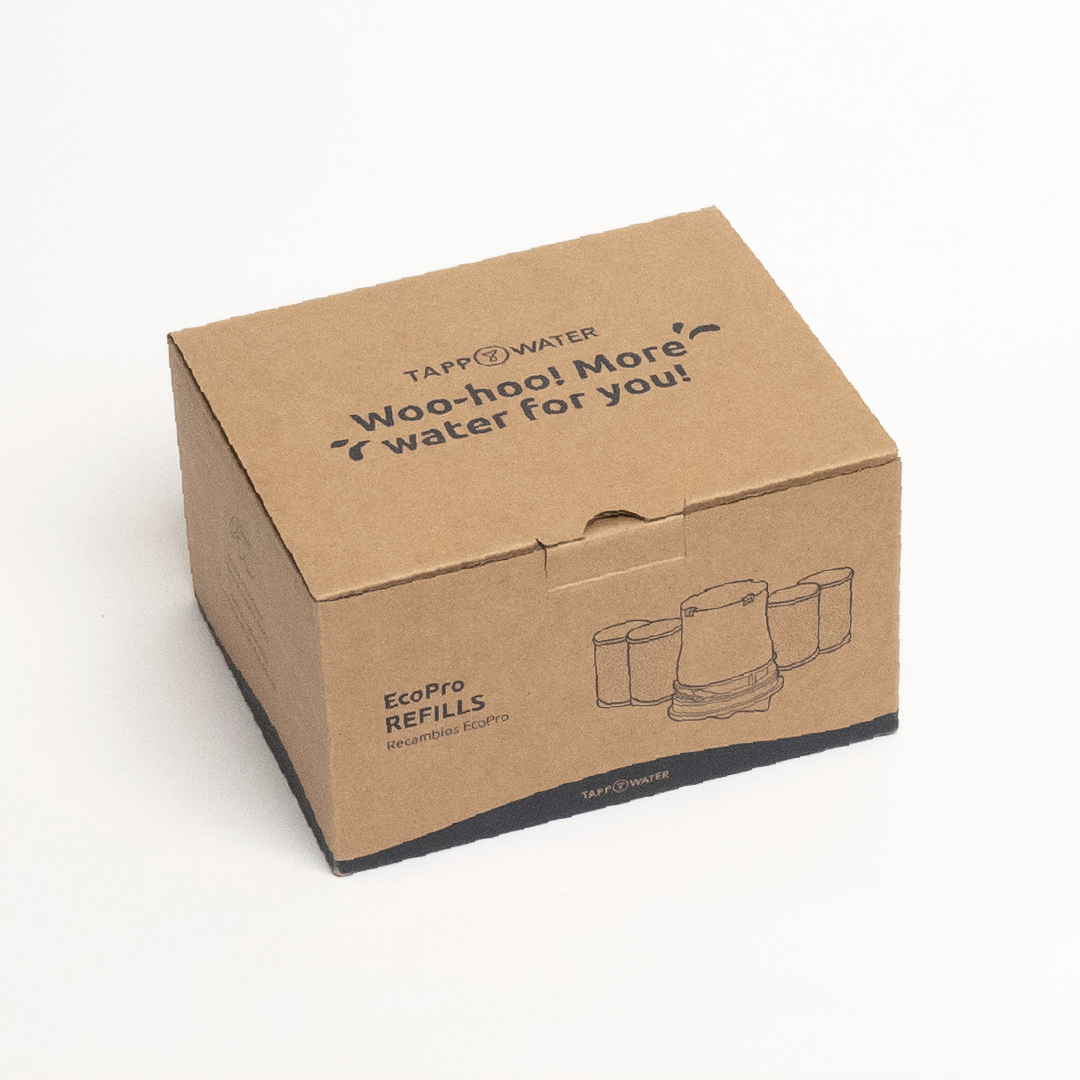
0 comments